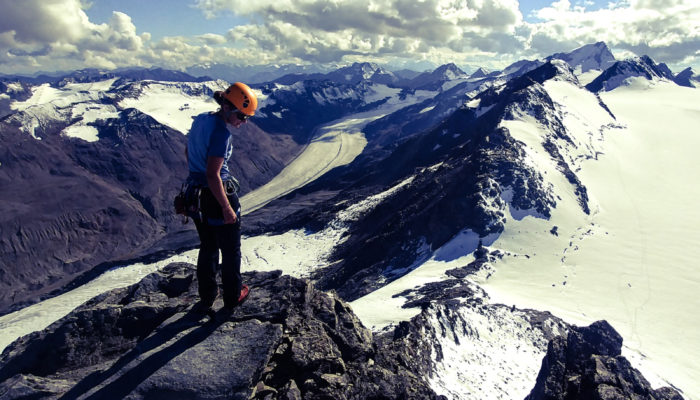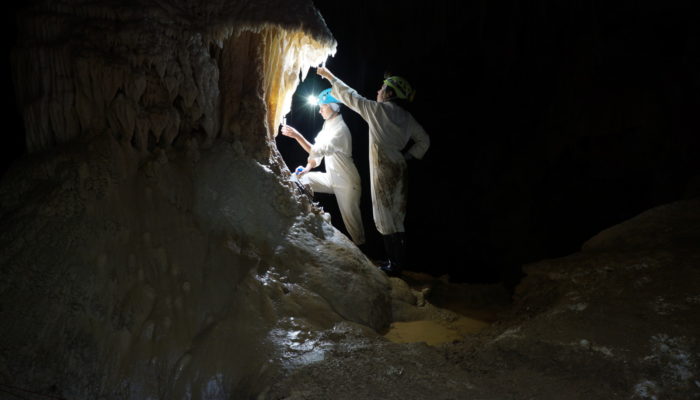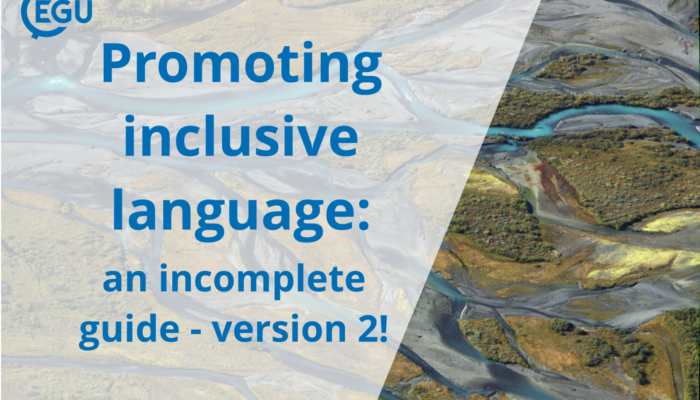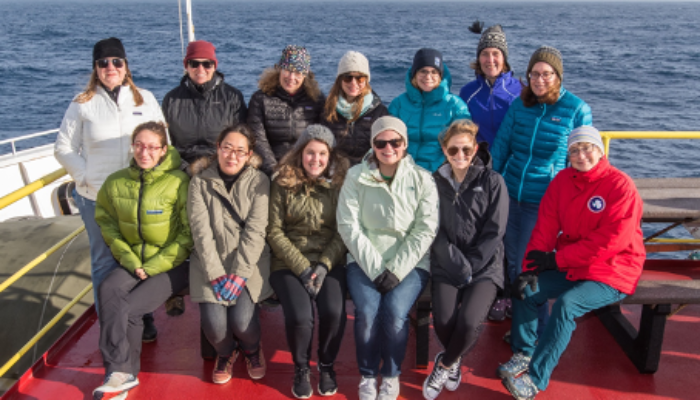Sometimes, a simple story in a book or movie lights a spark and makes a young person curious about science. These young minds grow up dreaming to be mathematicians, scientists, doctors, engineers, technologists, and astronauts. But the road to being a woman or girl in science is rarely an easy one – even today in 2022! Despite the collective awareness of and push to break gender barriers and dispa ...[Read More]
#NominateHer – gender matters in awards and medals

Today is International Women’s Day around the world, a day where we celebrate the progress that women, and people across the gender spectrum, have made towards gaining equity, but also take a hard look at how we can do better to support these under-represented groups in our societal structures. For scientific organizations, one of the most visible ways that we can note both the disparity bet ...[Read More]
Accessibility at EGU: Promoting inclusive language, an incomplete guide – VERSION 2!
Like all people, geoscientists can sometimes forget the importance of language. How scientists use language is important because it not only allows us to communicate effectively with different groups, from policymakers to concerned citizens and other researchers, but it can also influence how people respond on an emotional or personal level. The way we use language can even influence how much som ...[Read More]
All at sea: UK women’s experiences of female leadership roles on ocean-going research vessels
As I read the abstract of ‘Women in UK Ocean Science: Experiences of female leadership roles at sea’ by Katharine Hendry et al., it reminds me my own experience at sea! Indeed, more than one year ago, I had the chance to join the IODP Exp 379 in the Amundsen Sea (Antarctica) which was co-led by a woman, Julia Wellner from the University of Houston. It was her first IODP (International ...[Read More]



